KATHMANDU: Prime Minister KP Oli-led majority government, which had been formed in line with Article 76 (1) of the Constitution, has fallen into a caretaker government after he failed to secure the vote of confidence in the parliament on Monday.
Prime Minister Oli tabled a confidence motion in the parliament in accordance with Article 100 (1) saying that he faced difficulties while running the government.
Out of 232 lawmakers who were present in the special session of the parliament, 93 voted for Oli, 124 cast their votes against him while 15 remained neutral.
According to Article 100 (3), the Prime Minister is relieved of his/her post when he/she does not secure the vote of confidence.
Now, the parliament has to elect a new government within 30 days from the day the Prime Minister was relieved of his post in line with Article 76 (2).
President Bidya Bhandari has already called for the formation of a new government in accordance with Article 76 (2) paving the way for the arliamentary parties to form a new government.
As per Article 76 (2), President can appoint the lawmaker of the parliament who can garner majority of two or more than two political parties as the Prime Minister.
According to this provision, as many as 136 lawmakers out of sitting 271 members are required to form a new government.
There are 124 lawmakers who have stood against the vote of confidence. Additional 12 votes are required for a majority. The new Prime Minister who is elected as per Article 76 (4) has to secure the vote of confidence within 30 days.
If the Prime Minister failed to secure the vote of confidence under this provision, the President can elect the parliamentary party leader of the largest party in the parliament in line with Article 76 (3).
The largest CPN-UML has 121 lawmakers, Nepali Congress has 63 (two suspended), CPN (Maoist Center has 53 (four suspended) and Janata Samajwadi Party has 34 (two suspended). Similarly, Rastriya Janamorcha (RJM), Nepal Workers and Peasants Party (NWPP), Rastriya Prajatantra Party (RPP) and Independent have one lawmaker each.
If NC (61), Maoist Center (49) and JSP (32) stand united, they will have 141 lawmakers. This umber is more than 136 required for a majority government of the sitting 271 lawmakers.
But the JSP is divided over the formation of a coalition government with the NC-Maoist Center alliance.
Thakur-Mahato group of the faction is not likely to join the NC-Maoist Center alliance.
UML has 121 and Thakur-Mahato faction has 17 lawmakers. If they ally, they will have 138 lawmakers. As things stand, this could be the most possible alliance for the formation of a new government.
The NC, Maoist Center and Yadav-Bhattarai faction of the JSP, which stood against the vote of confidence, have 124 lawmakers. If they could not bring the Thakur-Mahato group into confidence, Oli, as the parliamentary party leader of the largest party, is likely to be elected as the Prime Minister again in line with Article 76 (3).


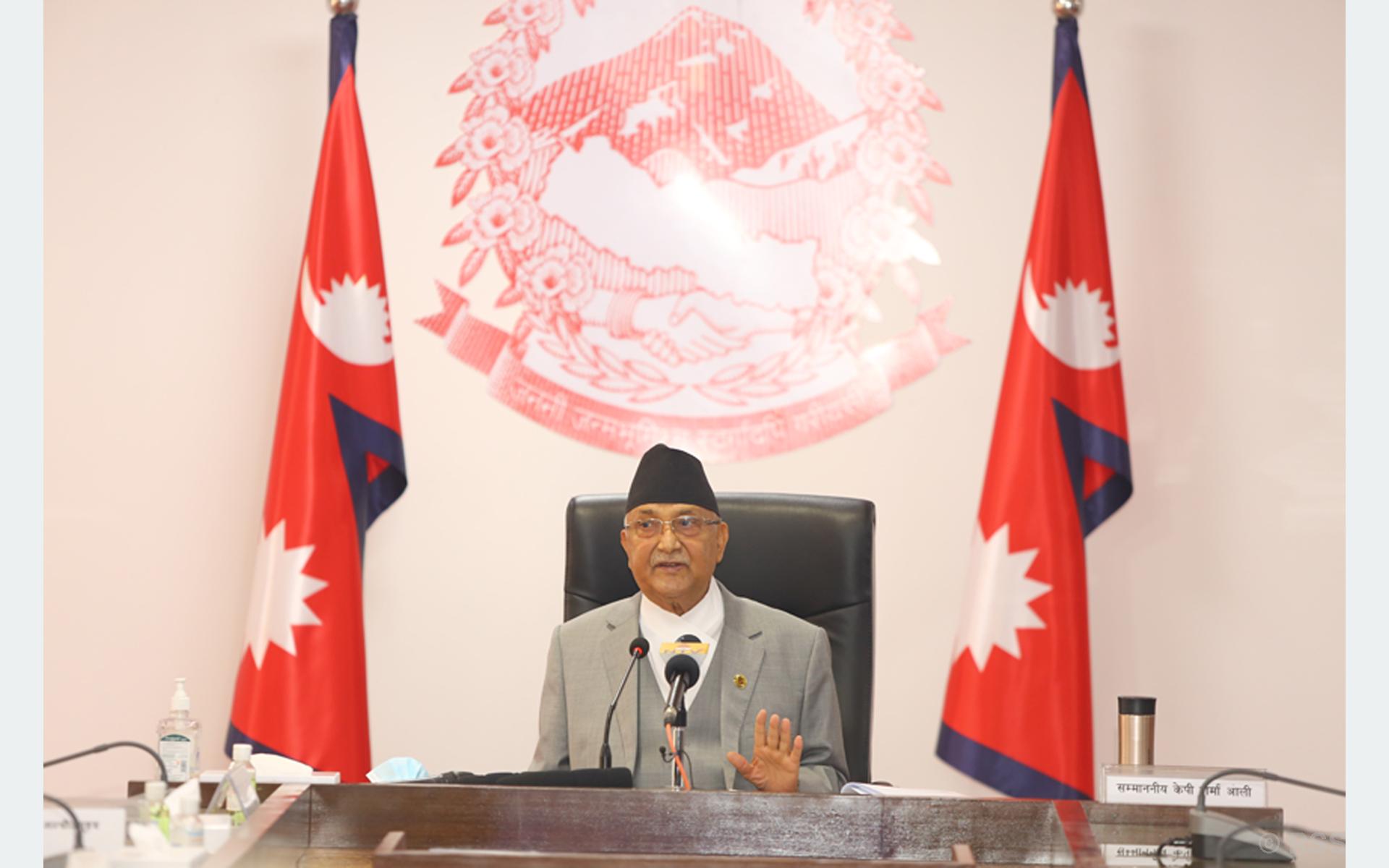
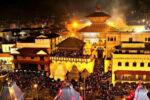
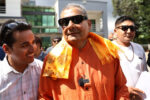
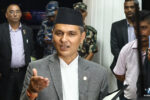
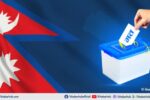
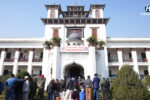

Comment